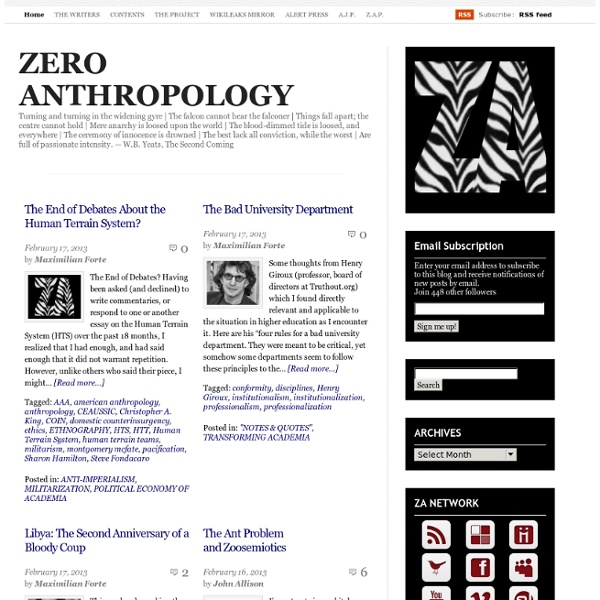



Obstacles to the Good Society by Alton C. Thompson / April 18th, 2011 My focus here is on the obstacles—claimed and actual—that stand in the way of achieving the Good Society. You know, I asked him about that. (The “him” here is Adam, played by Brendan Fraser.) A gentleman, by this definition, is one who has empathy for the others with whom he has contact, is distressed if those others are in pain or in need, and will do what he can to address existing needs. Much more could, of course, be said regarding the nature of the Good Society—e.g., that cooperative behavior prevails in it—but expanding on the topic further would draw me too far from the topic that I wish to address here—obstacles (claimed and actual) to achieving the Good Society. To accept the “fact” that our society is not now a Good Society, and the value judgment that it should be, is not necessarily to believe that it will—or even can—be. My goals here are threefold: What features—individual and societal—the Good Society should have. A. 1. 2. 3. Fact 1.
JWSR Journal of World-Systems Research (JWSR) Alternative media Because the term "alternative" has connotations of self-marginalization, some media outlets now prefer the term "independent" over "alternative". Several different categories of media may fall under the heading of alternative media. These include, but are not limited to, radical media, dissident and social movement media, ethnic/racial media, indigenous media, community media, subcultural media, student media, and avant-garde media. Each of these categories highlights the perceived shortcomings of dominant media to serve particular audiences, aims and interests, and attempts to overcome these shortcomings through their own media. Definition[edit] The traditional, binary definition of alternative media as stated above has been expanded in the last decade. Michael Albert has written that primarily, organizations self-identify as alternative. Digital technologies have also led to an alternative form of video more commonly known as citizen generated journalism. History[edit] Theory[edit]
Money flowing into "open courseware" on college campuses With an infusion of money from US stimulus spending, groups like The Gates Foundation, and the private sector, the technological landscape in higher education is changing rapidly. In the recent past, classroom tech extended to YouTube videos, bare-bones online courses, or collaborative systems like Moodle; now, the emphasis is all about open courseware and analytics to monitor student behavior. Major bets that institutions are placing on technology in higher education were unveiled recently through a round of grants funded primarily by The Gates Foundation and led by Educause, a nonprofit association that encourages technology in education. In the first of two rounds, The Next Generation Learning Challenges (NGLC) awarded $10.6 million to 29 organizations, with the potential for an additional $5.4 million to be doled out later. Close to half of the initial $10.6 million went to open courseware projects that seek to publish adaptable Web-based courses for the public.
Alternative media (U.S. political left) List of alternative media (U.S. political left) From Wikipedia, the free encyclopedia This is a list of alternative media espousing the views of the American political left. It covers alternative media sources including talk radio programs, blogs and other alternative media sources. Alternative news services Alternative blogs Alternative television networks Alternative television programs Alternative radio programs Jump up ^ Youtube.com Categories: Hidden categories: Navigation menu Personal tools Namespaces Views Navigation Interaction Tools Print/export Languages Edit links This page was last modified on 14 November 2014, at 17:27.
Thinking the Impossible: French Philosophy Since 1960 by Gary Gutting – review | Books | The Observer Are the theory wars over? Twenty-five years ago you couldn't cocoa your cappuccino without someone accusing you of floating a signifier, much less close down the, ahem, discourse with a simple "I prefer my coffee that way". Who is this mythic "I", the theorists wanted to know, and how could he presume to know what he prefers? College life these days looks rather less fraught. Which doesn't mean there was nothing to theory. What did they get from their studies? Because, so the theory goes, you don't speak language. But was there anything inside the texts of Derrida and his fellow deconstructionists? On the other hand, impossible thinking makes for impossible writing, and he boldly admits that "for almost all of us (even those of us who spend a good amount of time on recent French philosophy), [it] cannot be understood through a close, line-by-line reading". Christopher Bray is working on a history of 1960s culture and politics
Working Wikily The Information: A History, a Theory, a Flood by James Gleick – review | Books | The Observer Too much information: the complaint du jour, but also toujours. Alexander Pope quipped that the printing press, "a scourge for the sins of the learned", would lead to "a deluge of Authors [that] covered the land". Robert Burton, the Oxford anatomist of melancholy, confessed in 1621 that he was drowning in books, pamphlets, news and opinions. But do we gain from it, or was TS Eliot right to say that "all our knowledge brings us nearer to our ignorance"? This is not, however, a book that merely charts the rising tide of information, from the invention of writing to the age of Google. At the heart of the story is Claude Shannon, whose eclectic interests defy categorisation today and were positively bizarre in the mid 20th century. Shannon's real point was that information is a physical entity, like energy or matter. By this point, we are a long way from cuneiform and Morse code, though Gleick makes the path commendably clear. Shannon's take on language is disconcerting.
lesmanifs